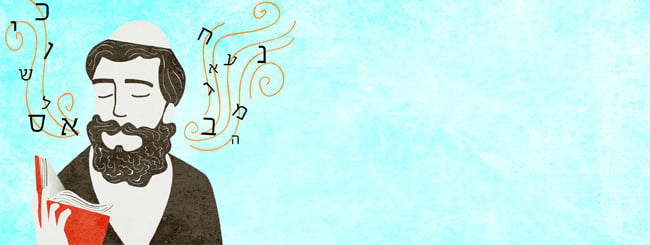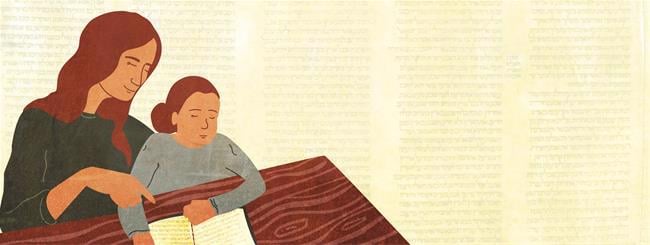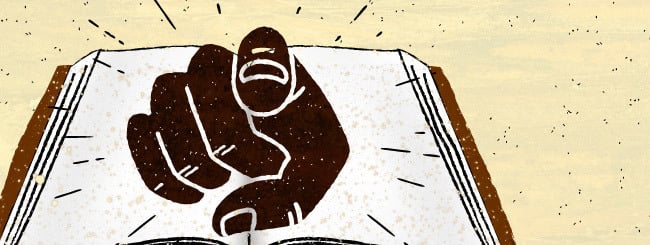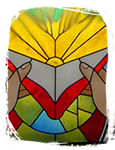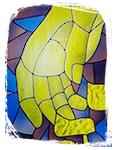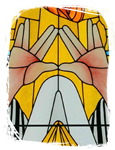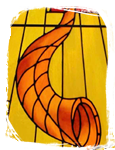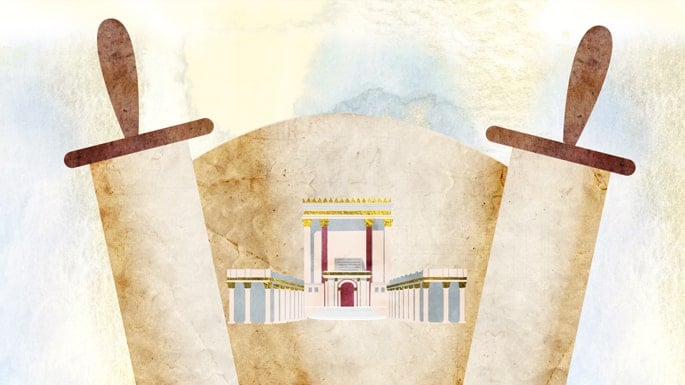ב"ה
Parshat Emor
|
Video
|
|
Audio
|
Emor in a Nutshell
The name of the Parshah, “Emor,” means “speak” and it is found in Leviticus 21:1.
The Torah section of Emor (“Speak”) begins with the special laws pertaining to the kohanim (“priests”), the kohen gadol (“high priest”), and the Temple service: A kohen may not become ritually impure through contact with a dead body, save on the occasion of the death of a close relative. A kohen may not marry a divorcee, or a woman with a promiscuous past; a kohen gadol can marry only a virgin. A kohen with a physical deformity cannot serve in the Holy Temple, nor can a deformed animal be brought as an offering.
Explore Parshah Themes
Other Parshas
- BOOK OF BERESHIT
- Bereshit
- Noach
- Lech Lecha
- Vayera
- Chayei Sarah
- Toldot
- Vayetze
- Vayishlach
- Vayeshev
- Miketz
- Vayigash
- Vayechi
- BOOK OF SHEMOT
- Shemot
- Va'era
- Bo
- Beshalach
- Yitro
- Mishpatim
- Terumah
- Tetzaveh
- Ki Tisa
- Vayakhel
- Pekudei
- BOOK OF VAYIKRAH
- Vayikra
- Tzav
- Shemini
- Tazria
- Metzora
- Acharei Mot
- Kedoshim
- Emor
- Behar
- Bechukotai
- BOOK OF BAMIDBAR
- Bamidbar
- Naso
- Behaalotecha
- Shelach
- Korach
- Chukat
- Balak
- Pinchas
- Matot
- Masei
- BOOK OF DEVARIM
- Devarim
- Va'etchanan
- Eikev
- Re'eh
- Shoftim
- Ki Teitzei
- Ki Tavo
- Nitzavim
- Vayelech
- Haazinu
- V'Zot HaBerachah
- DOUBLE READINGS
- Vayakhel-Pekudei
- Tazria-Metzora
- Acharei-Kedoshim
- Behar-Bechukotai
- Chukat-Balak
- Matot-Masei
- Nitzavim-Vayelech
- HOLIDAY READINGS
- Rosh Hashanah
- Yom Kippur
- Sukkot
- Shemini Atzeret
- Simchat Torah
- Chanukah
- Purim
- Passover
- Shavuot
- Shekalim
- Zachor
- Parah
- Hachodesh
- Rosh Chodesh
- Fast Days
Programs



